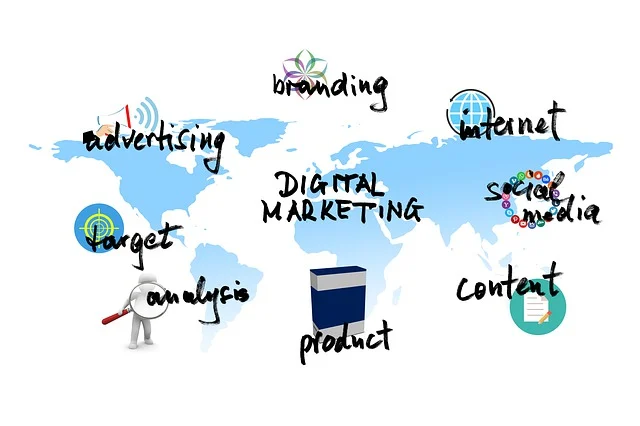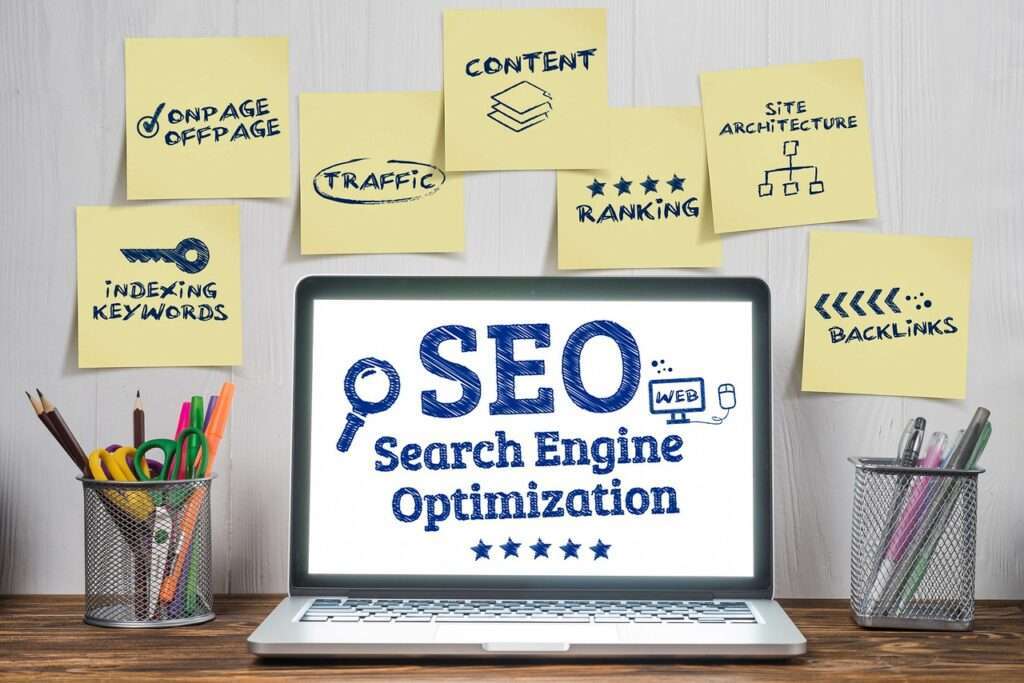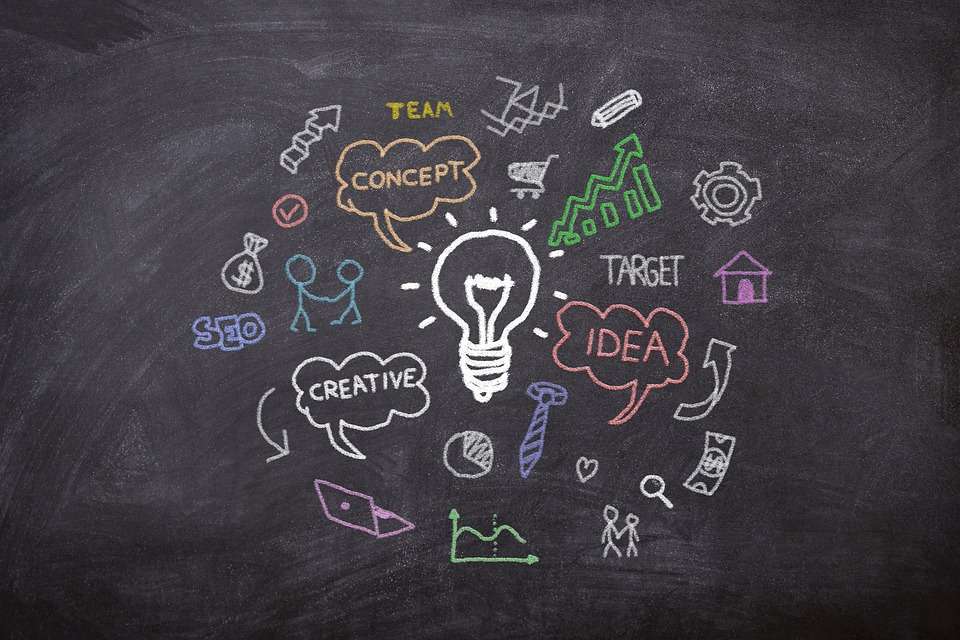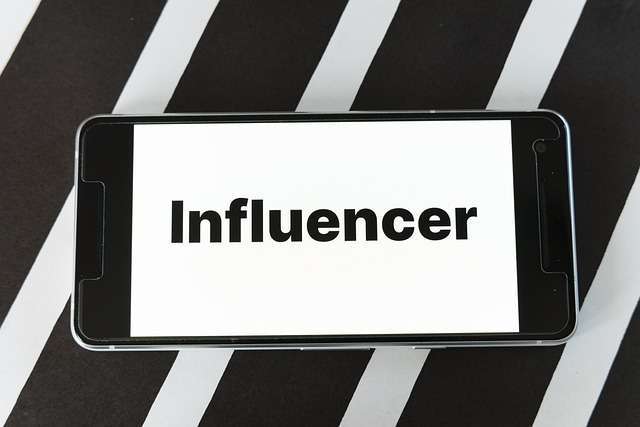What is Digital Marketing

Digital marketing uses channels, platforms, and strategies to promote products, services, or brands to a target audience. “Unlike traditional marketing, digital marketing uses online tools and the internet to reach and engage customers.” The primary goal is to connect with potential customers where they spend significant time: online.
Components of Digital Marketing:

Search Engine Optimization in digital marketing

SEO is optimizing your website to rank higher in search engine results pages (SERPs). The goal is to increase organic (non-paid) traffic by improving the visibility of your website for relevant keywords. “This includes on-page optimization (like meta tags and content), off-page strategies (like building backlinks), and technical SEO (like site speed and mobile friendliness).
Content Marketing

Content marketing focuses on creating and distributing valuable, relevant, consistent content to attract and engage a specific audience. This can include blog posts, videos, infographics, podcasts, eBooks, and more. The aim is to provide content that answers questions or solves problems for your audience, ultimately leading to conversions.
Social Media Marketing

Social media marketing involves using social media platforms like Facebook, Instagram, Twitter, LinkedIn, and others to promote your brand, products, or services. It’s an effective way to engage with your audience, build brand awareness, and drive traffic to your website. Social media campaigns typically combine organic and paid posts.”
Pay-Per-Click Advertising (PPC)
PPC is an online advertising model in which advertisers pay a fee each time one of their ads is clicked. Google Ads is one of the most common PPC platforms, where ads appear at the top of search engine results pages. This strategy offers immediate visibility and can effectively reach specific audiences and keywords.
Email Marketing

Email marketing involves sending targeted emails to a list of subscribers. It’s a direct form of communication that can be used to nurture leads, promote products, or provide valuable content. Personalized email campaigns can lead to high conversion rates and are crucial to a broader digital marketing strategy.
affiliate marketing

Affiliate marketing is a performance-based strategy where businesses reward affiliates (partners) for driving traffic or sales to their site through the affiliate’s marketing efforts. It’s a cost-effective way to reach new audiences and increase sales.
Influencer Marketing

Influencer marketing leverages individuals with a strong online presence and influence over a particular audience. By partnering with influencers, brands can reach targeted audiences through authentic content that resonates with potential customers.
Analytics and Data-Driven Marketing

Digital marketing relies heavily on data analytics to track and measure campaign success. Tools like Google Analytics, social media analytics, and CRM systems help marketers understand user behaviour, optimize campaigns, and make data-driven decisions.
